For millions of people around the world, everyday environments can become overwhelming or even debilitating. A stroll through a department store, exposure to car exhaust, or a whiff of someone’s perfume can trigger symptoms ranging from migraines and nausea to brain fog and difficulty breathing. This condition is known as Multiple Chemical Sensitivity (MCS)—a complex, often misunderstood condition that’s gaining attention from both healthcare professionals and advocacy groups.
What Is MCS?
Multiple Chemical Sensitivity is a chronic condition in which individuals experience adverse reactions to low levels of common chemicals found in everyday products and environments. While it’s not yet formally recognized in all medical systems, MCS is increasingly acknowledged by environmental health specialists, especially in connection with broader diagnoses like environmental intolerance or idiopathic environmental intolerance (IEI).
Common MCS Triggers Include:
- Synthetic fragrances and perfumes
- Cleaning agents and disinfectants
- Cigarette smoke
- Car exhaust and fuel vapors
- New furniture and off-gassing plastics
- Freshly painted surfaces or construction dust
These exposures can cause symptoms such as:
- Headaches or migraines
- Dizziness and disorientation
- Fatigue or “brain fog”
- Shortness of breath
- Skin irritation or rashes
- Heart palpitations or chest tightness
- While the exact causes of MCS are still being researched, what’s clear is that sufferers require tools and strategies to help limit their exposure—especially when avoidance isn’t possible.
How Carbon Filters Support People with MCS
For people living with MCS, activated carbon filters are often a go-to recommendation from support communities and environmental doctors alike. Why? Because carbon filters are uniquely effective at capturing volatile organic compounds (VOCs) and odorous gases—the invisible culprits behind many MCS triggers.
Unlike traditional particle filters (which trap solid matter like dust or pollen), carbon filters adsorb chemicals and vapors by binding them to the surface of highly porous carbon. This makes them particularly useful in:
- Public spaces like malls or airports
- Indoor settings with strong fragrances
- Salons, offices, or taxis
- City environments with high pollution or diesel fumes
A Mask Designed for Chemical Sensitivity
At AusAir, we developed the AirWeave Carbon Filter to address this very challenge. Our filter includes a layer of activated carbon specifically formulated to reduce exposure to VOCs, odours, and chemical gases. It's housed in a reusable, breathable mask designed for comfort over long periods—whether you're commuting, travelling, or navigating indoor spaces.
Here’s what one user with MCS recently shared:
"I've tried a lot of masks over the years, but the AirWeave Carbon is the only one that doesn’t leave me feeling suffocated or foggy. It helps me get through the day without reacting to every little scent around me."
Final Thoughts
Living with MCS isn’t easy—but with the right tools, it can be manageable. A face mask for chemical sensitivity won’t cure the condition, but it can offer meaningful relief and empowerment in unpredictable environments. For many, a carbon filter for MCS isn’t just a product—it’s a daily necessity.
If you’re seeking the best mask for VOCs and fumes, look for one with high-quality activated carbon filtration, ergonomic fit, and breathable comfort. Because everyone deserves to breathe easy—wherever they go.

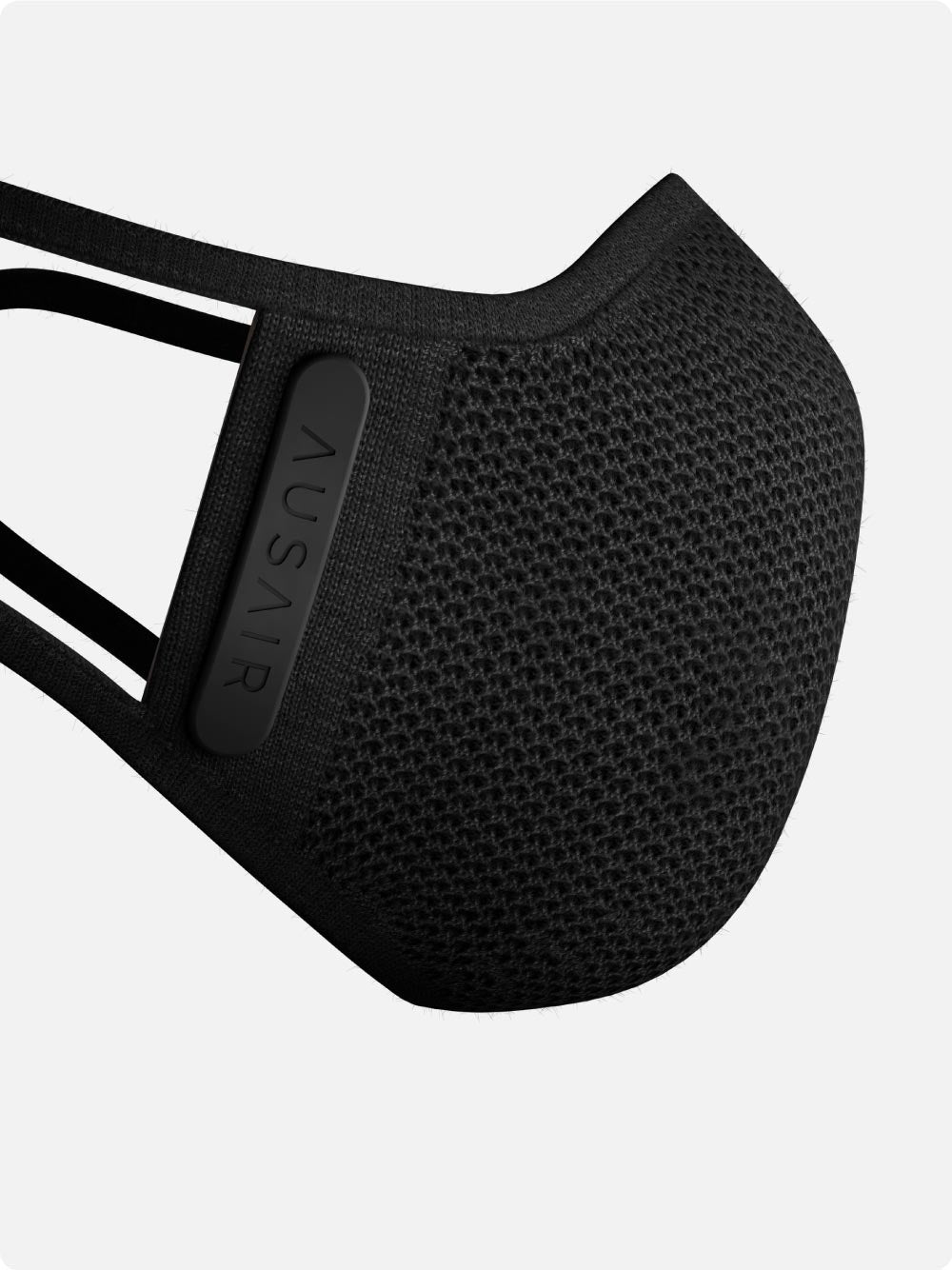
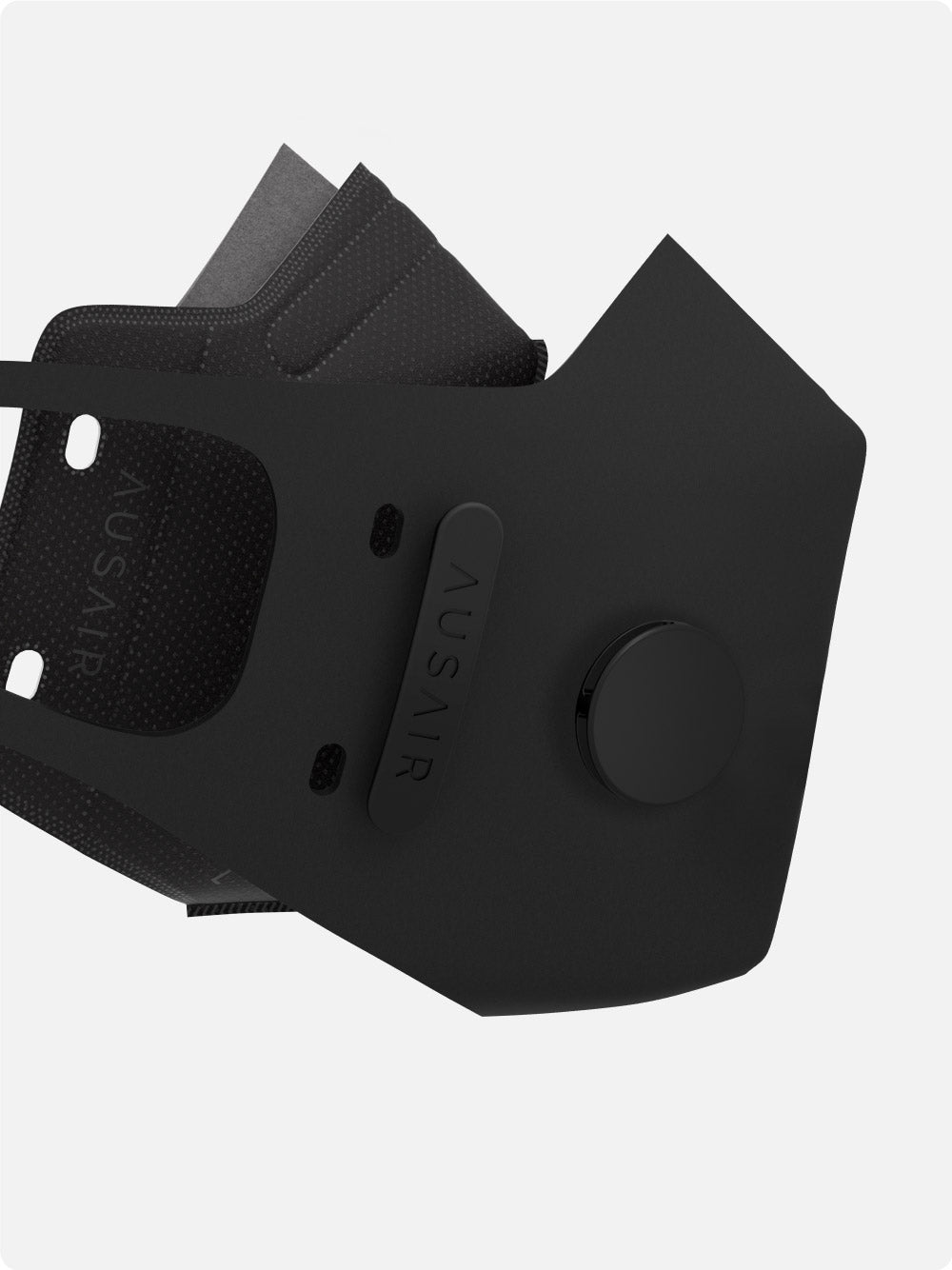
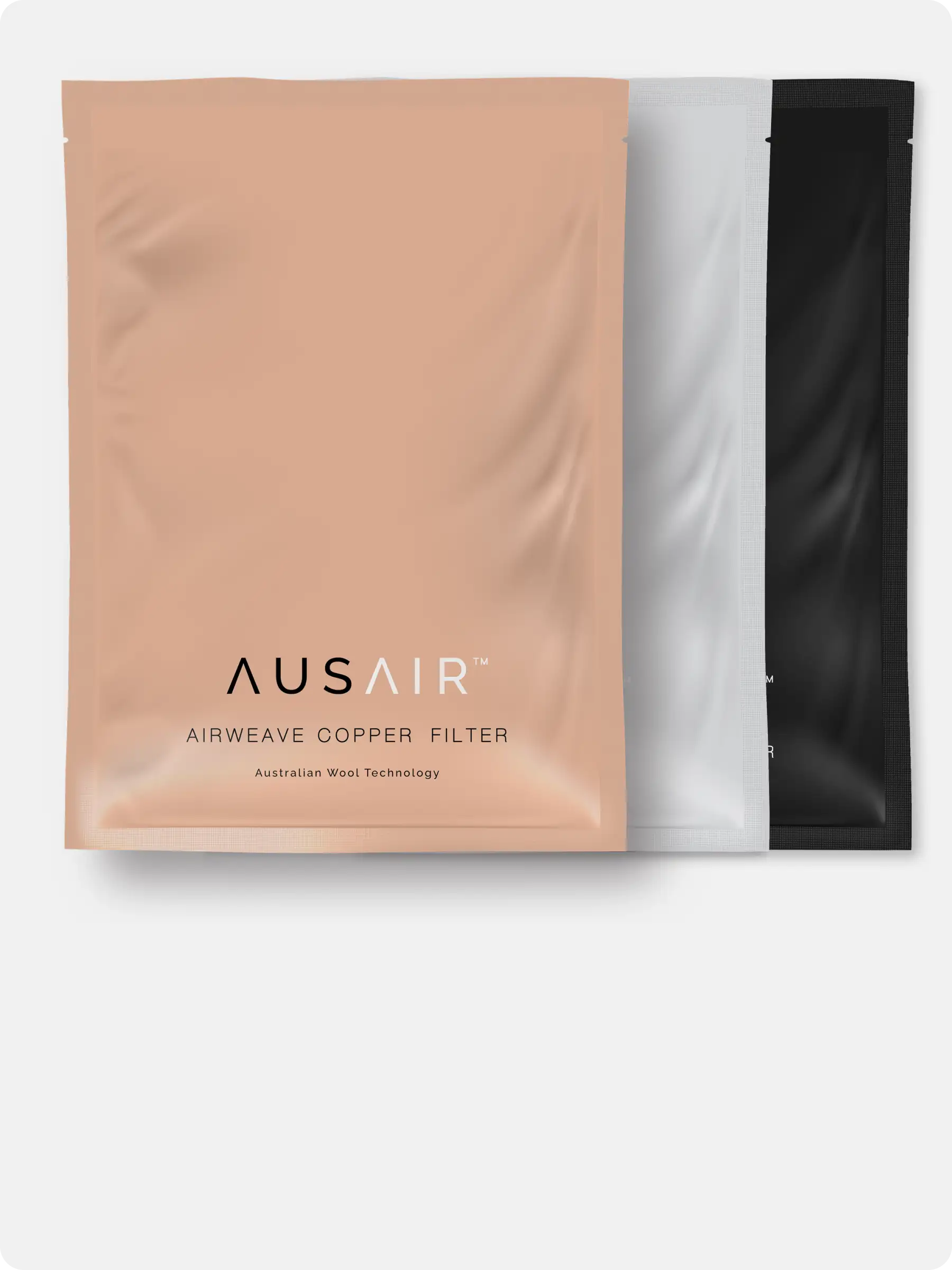
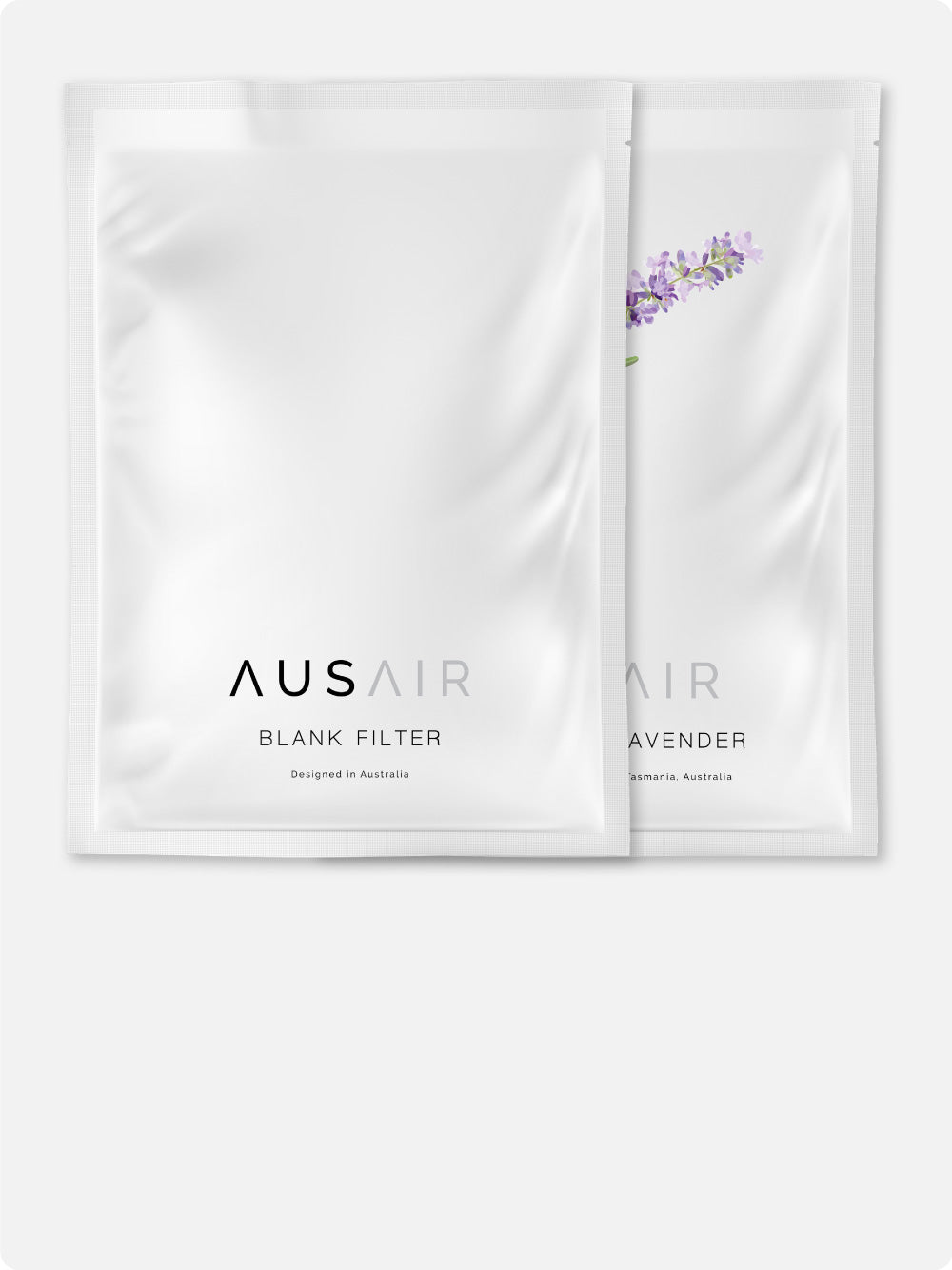
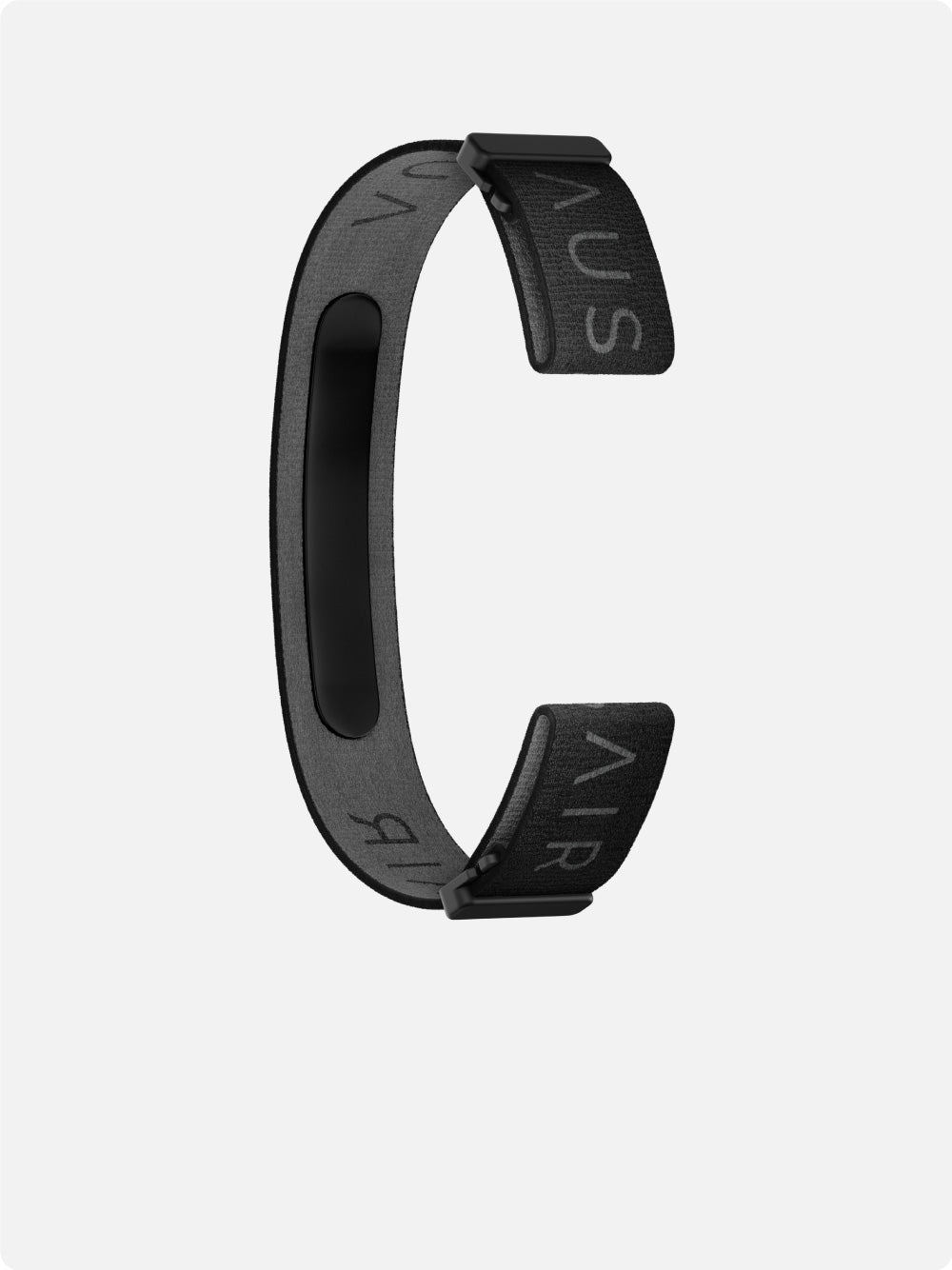
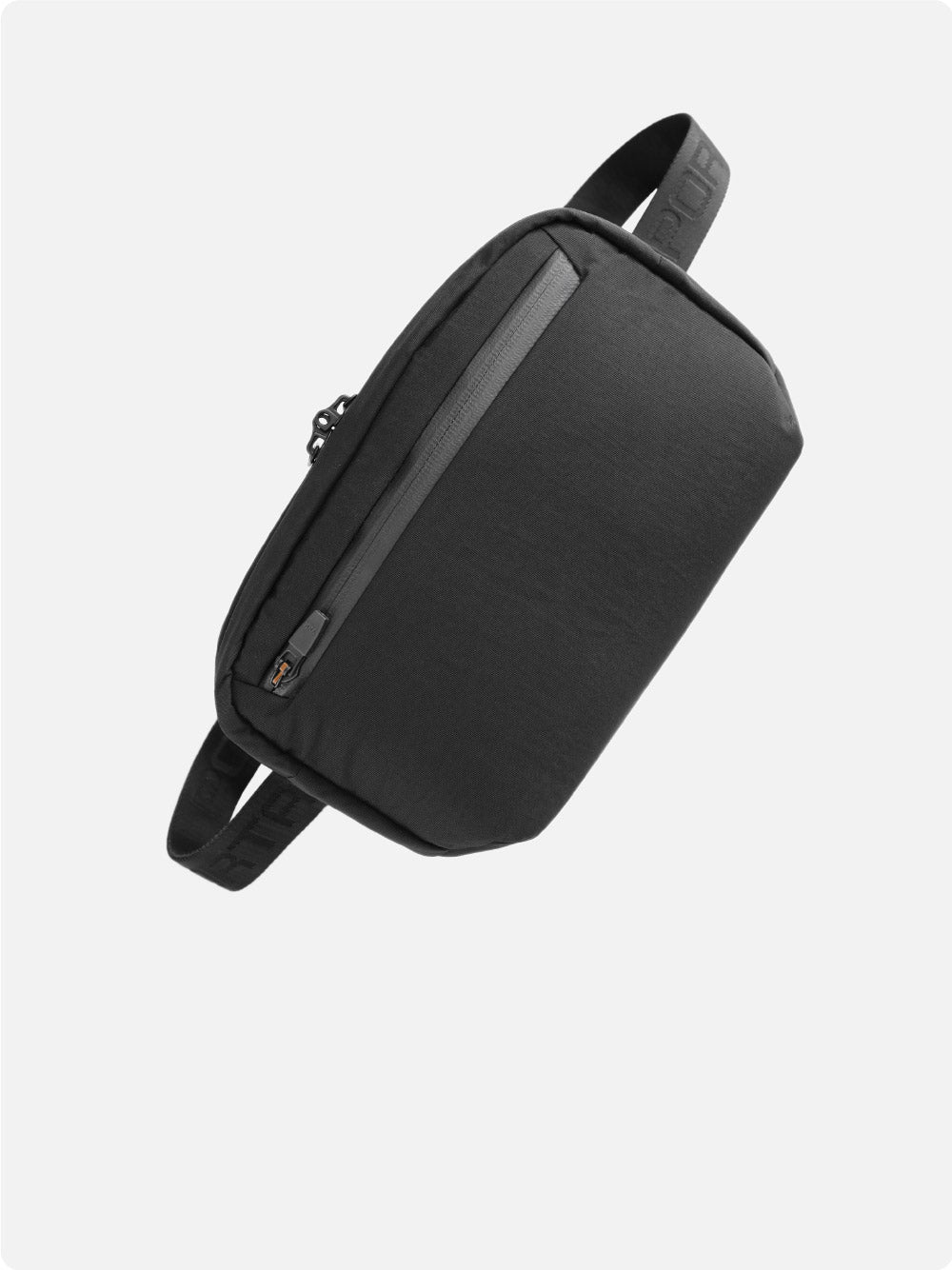
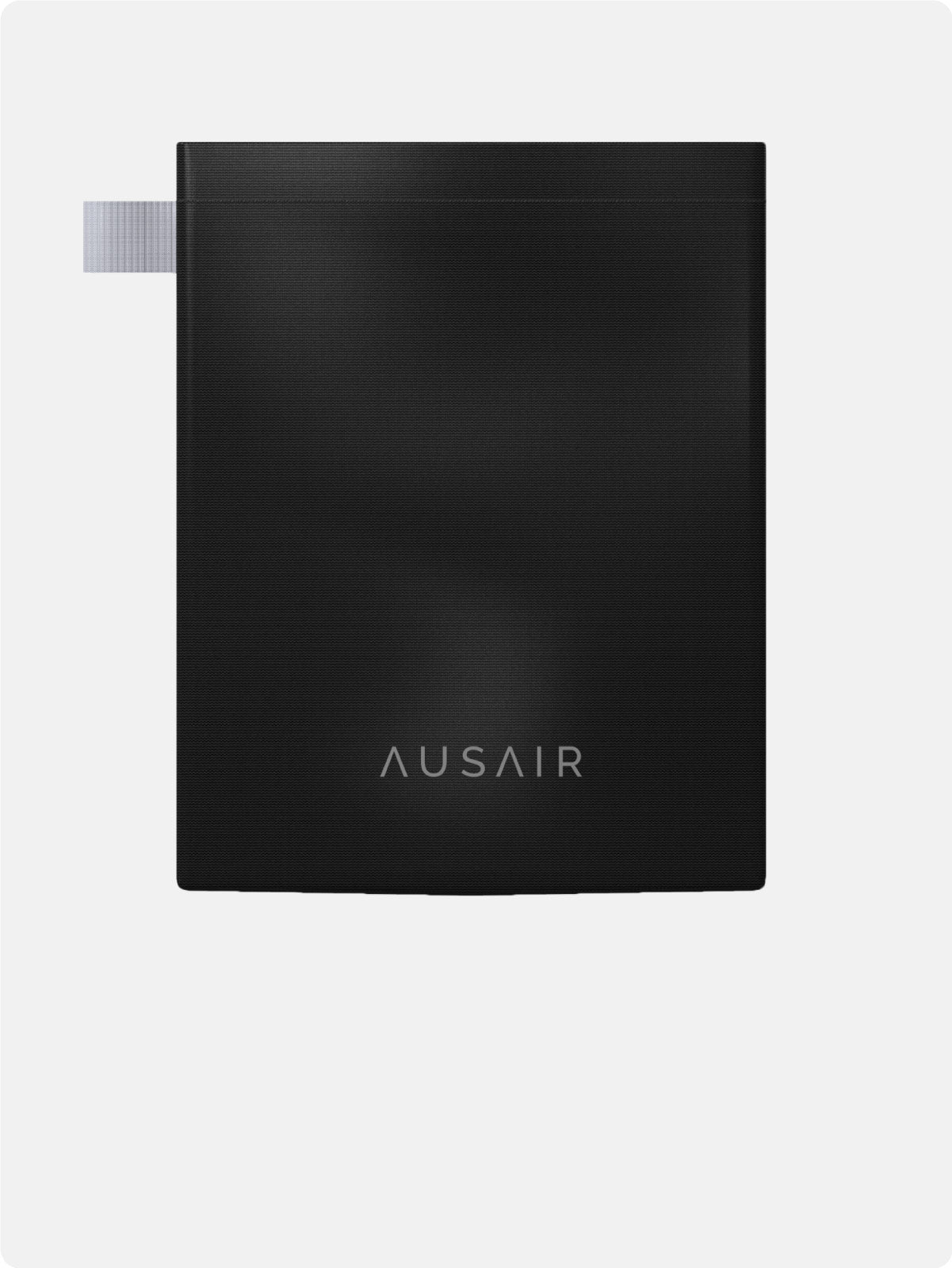
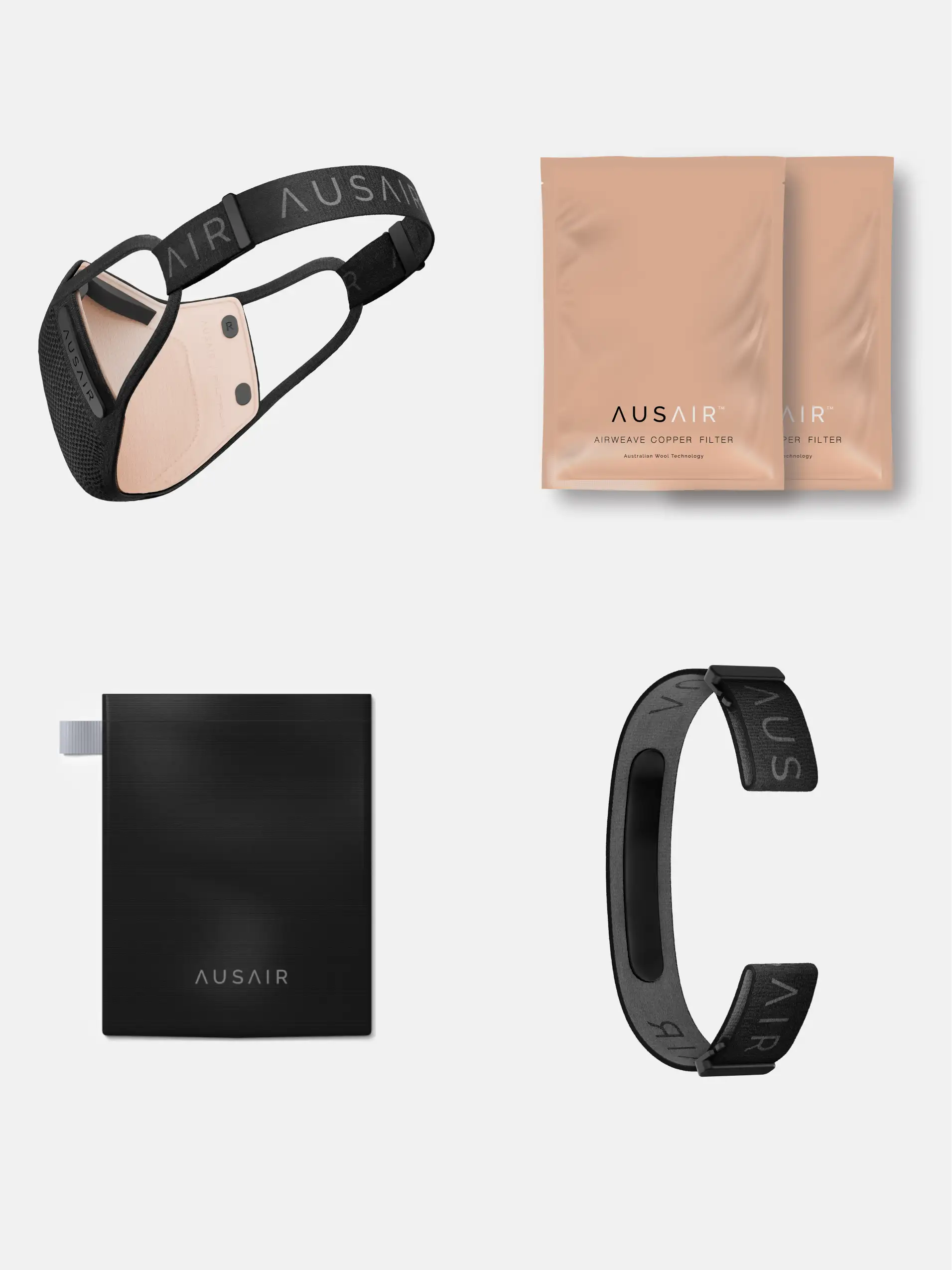
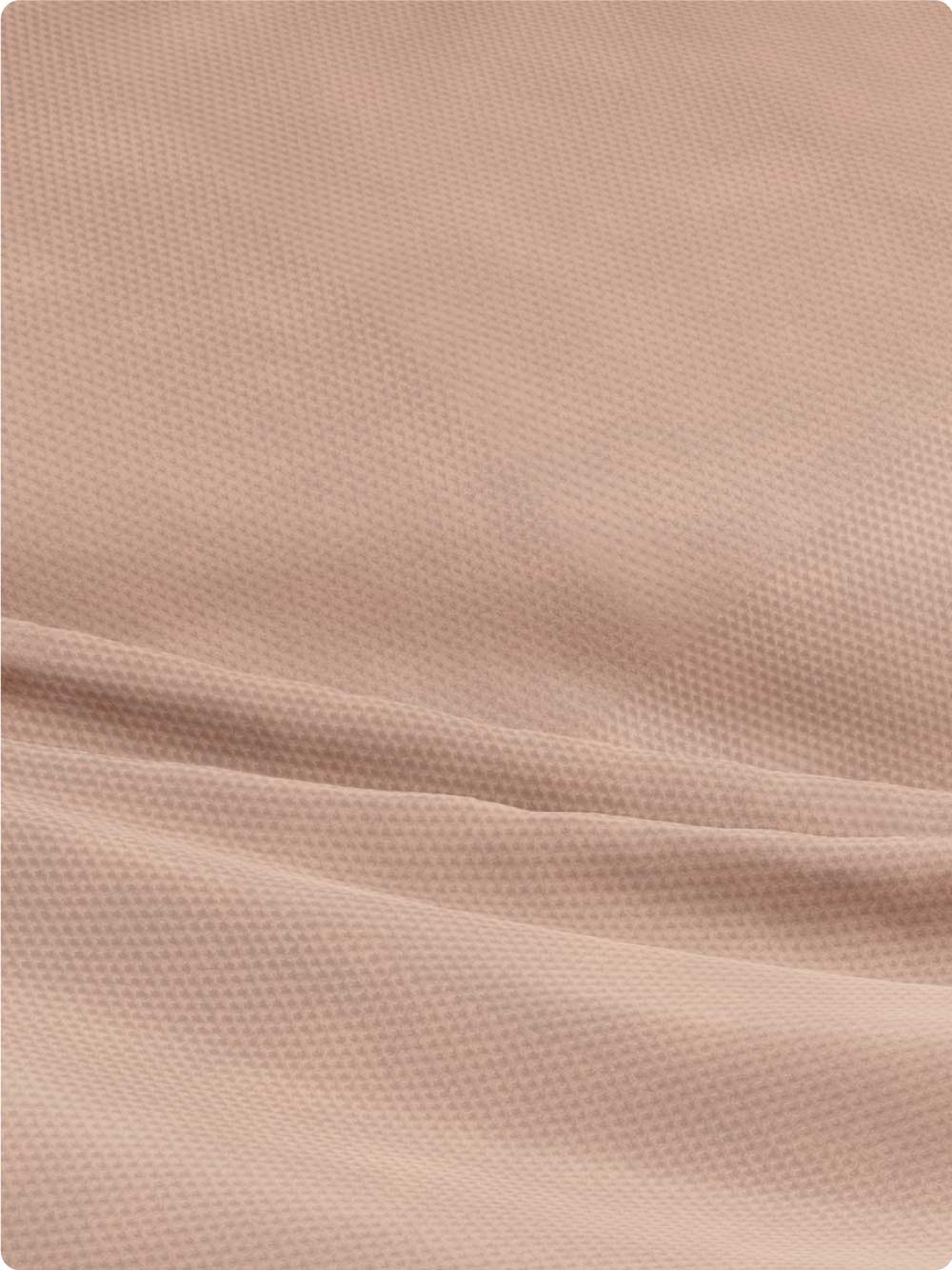


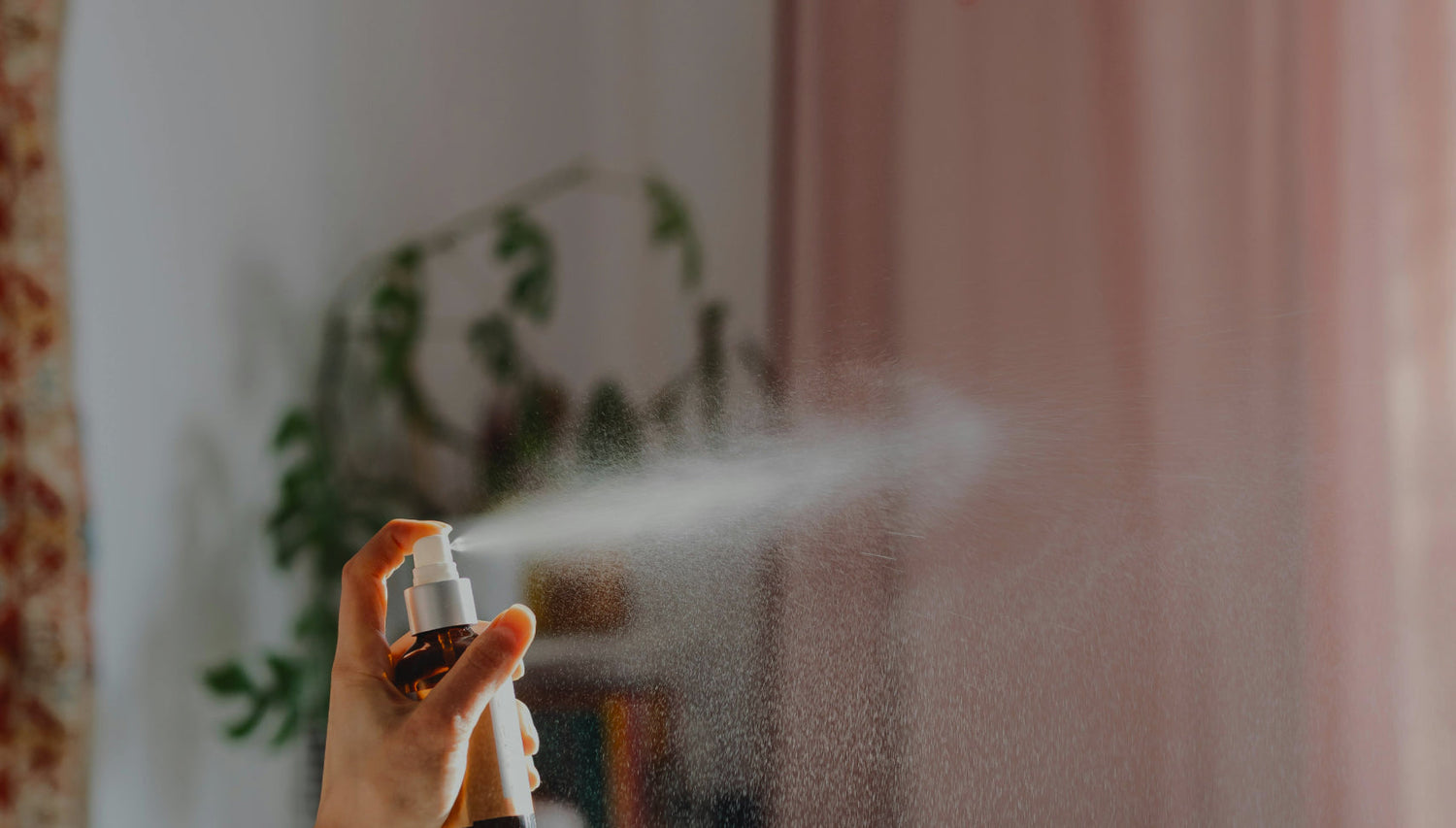

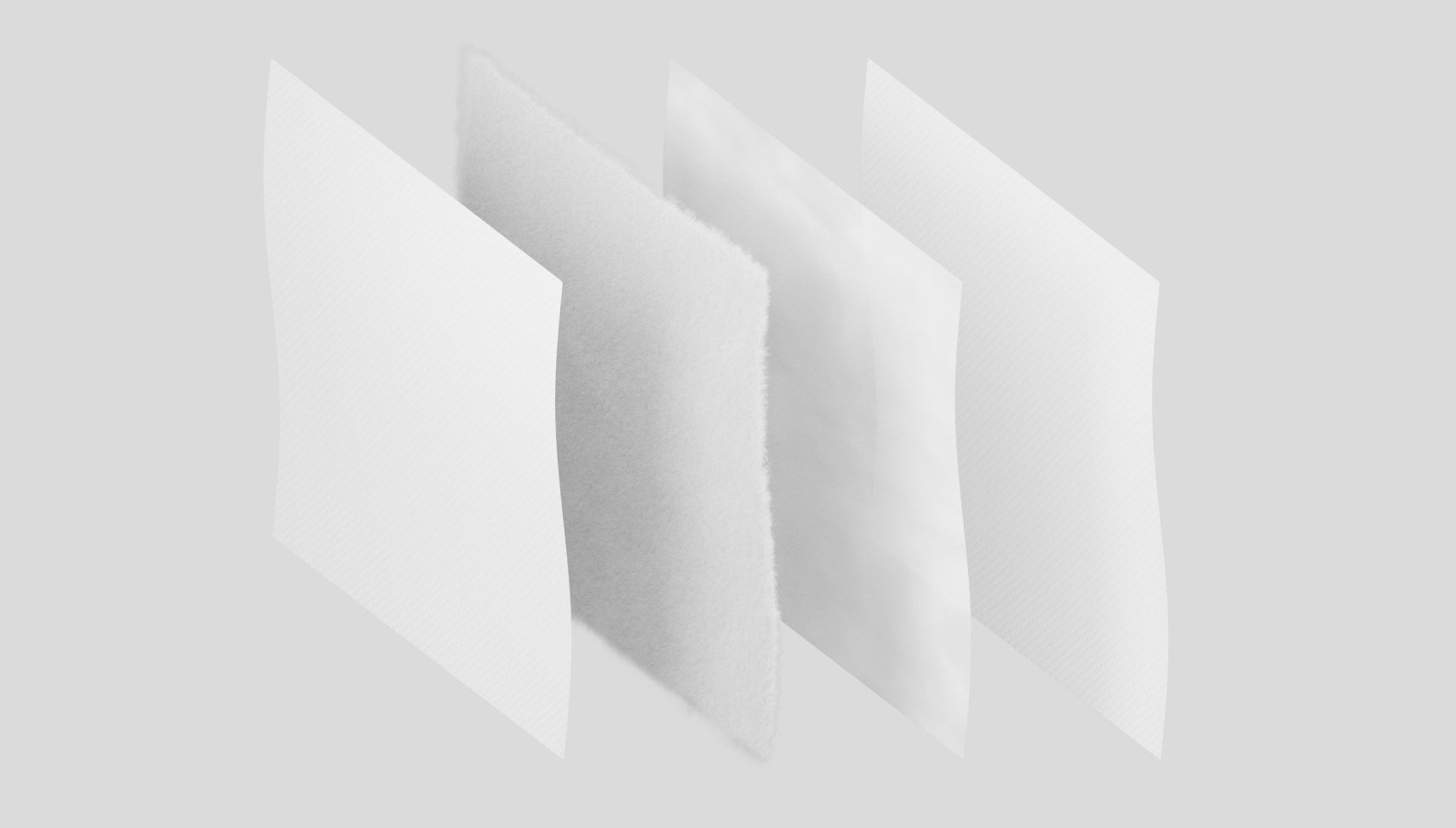
Leave a comment
All comments are moderated before being published.
This site is protected by hCaptcha and the hCaptcha Privacy Policy and Terms of Service apply.